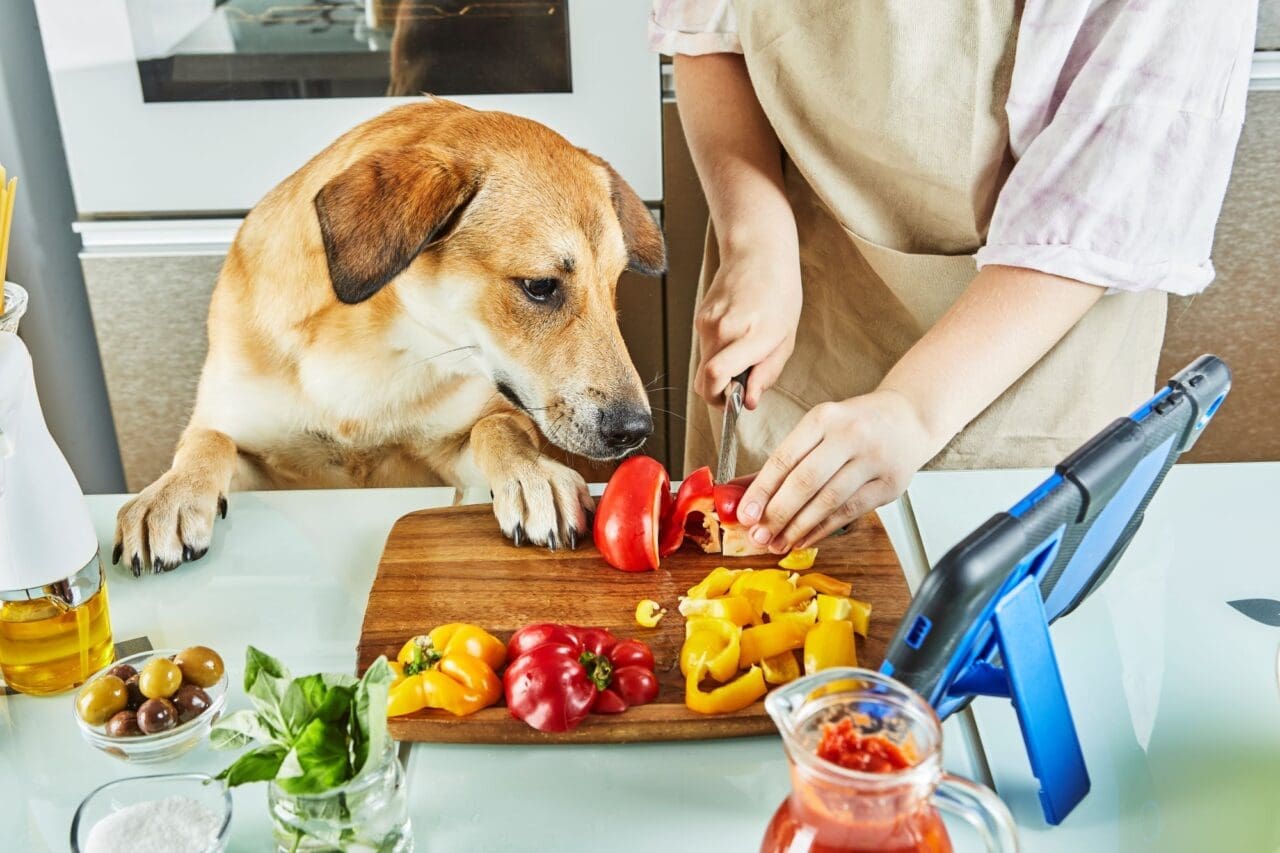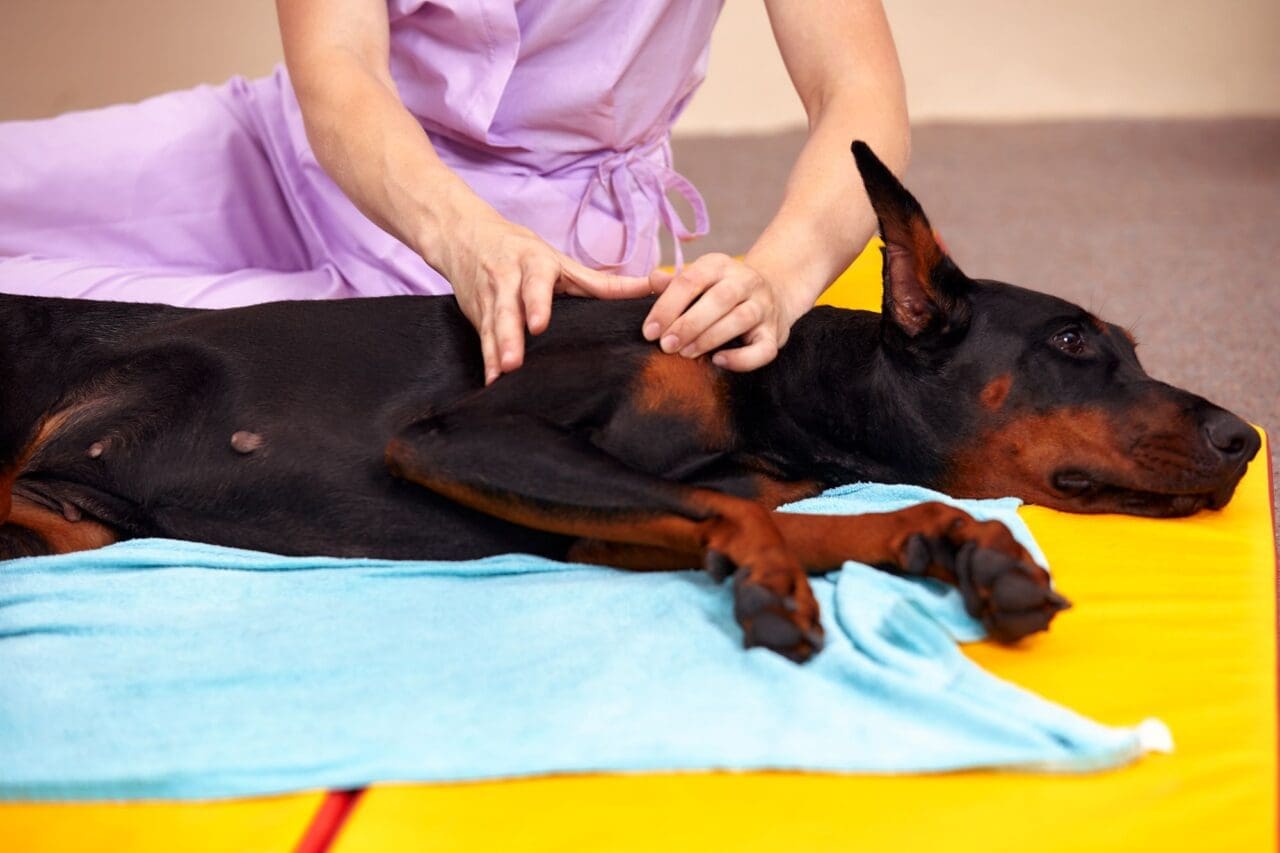Holistic Pet Care: Health and Wellness Approaches and Trends Shaping Modern Care

As pet owners increasingly view their companions as family members, the approach to their health and well-being has evolved. The pet health industry has responded by expanding its focus beyond traditional veterinary care to include holistic pet care approaches. These practices emphasize overall wellness and preventative care, taking into account the entirety of your pet’s lifestyle from diet to daily routine.
Holistic approaches to pet health can offer your furry friends a more comprehensive form of care. Integrating natural therapies and nutrition, such as the use of CBD-infused products, aims to support their well-being on multiple levels. It’s not just about treating illness; it’s about creating an environment and lifestyle that helps prevent issues from arising in the first place.
The trends in the pet health industry reflect this shift toward preventive measures. With advancements in pet nutrition and the humanization of pet products, industries have begun creating solutions tailored to meet the specific health needs of pets. From specialty diets to skin and coat care products, the market now offers a variety of ways to maintain and enhance pet health that aligns with this holistic philosophy.
Holistic Pet Care
As pet ownership continues to be an integral part of family life, the health and wellness of your pets have gained increased attention. Holistic pet care represents a comprehensive approach aimed at optimizing the well-being of your animal companions.
The Rise of Holistic Health and Wellness
The shift towards holistic health and wellness is a response to the growing desire for treatments that support the overall vitality and well-being of pets, rather than focusing solely on curing ailments. You may find that holistic methods contribute to a better quality of life for pets and a more natural way of maintaining pet health. With a surge in demand for gentler, more natural care methods, holistic pet care has become more than a trend – it’s a growing movement supported both by pet owners and some veterinarians.
Defining a Holistic Approach for Pets
When you hear “holistic approach,” it conjures up a vision of care that considers your pet’s complete life situation, encompassing a wide range of factors that influence pet health. This means looking beyond conventional medicine to include a variety of alternative therapies such as acupuncture, herbal remedies, and chiropractic care.
- Benefits: Holistic care can enhance your pet’s health and wellness at every stage of life, focusing on prevention and using natural substances and therapies.
- Alternative Therapies: These might include nutritional counseling, physical therapies, and even stress reduction techniques to nurture the mental and emotional state of your pets.
- Information: Educating yourself is crucial; seek reliable information from credible sources to make informed decisions about holistic pet care.
- Veterinarians: Partnering with a veterinarian who understands and respects holistic methods can ensure your pets receive the best possible integrated care.

Nutritional Strategies for Optimal Health
Your pet’s health hinges significantly on their diet, which should be rich in nutrients, balanced, and suited to their unique health needs to support digestion and prevent gastrointestinal issues. Choosing the right food and supplements can help maintain your pet’s healthy weight and overall digestive health.
Natural and Organic Pet Food
When selecting pet food, it’s important to look for options that are closest to what pets would naturally eat. Natural and organic pet foods are free from artificial colors, flavors, and preservatives, providing your pet with a more wholesome diet. The shift towards human-grade food in pet nutrition reflects the humanization of pets, ensuring that the quality of their food matches what you consume yourself.
Importance of Personalized Nutrition
Each pet is unique, with specific dietary needs based on their breed, age, activity level, and health status. Personalization in pet nutrition involves tailoring their diet to meet these individual requirements, promoting optimal health, and preventing nutrition-related issues. By focusing on personalized nutrition, you can help your pet avoid common problems such as obesity and poor digestive health.
Supplements and Functional Foods
While high-quality pet foods are designed to be nutritionally complete, they may sometimes fall short in certain areas. Supplements can fill these gaps, offering additional support for your pet’s health. Functional foods, enhanced with added nutrients like fatty acids, probiotics, or glucosamine, support specific aspects of pet health such as digestion or joint health.

Integrative Health Practices
Integrative health practices for pets merge conventional veterinary treatments with alternative therapies to enhance your pet’s wellness. These methods focus on improving the physical condition, addressing pain, and promoting the overall mental balance of your animal companion.
Physical Therapies
Exercise is fundamental for maintaining your pet’s mobility and the health of joints and bones. Structured training programs can strengthen muscles, improve blood circulation, and help sustain optimal joint health. Incorporating activities suited to your pet’s species, breed, and age is key to effective exercise regimens.
- Massage Therapy: Massage can enhance blood flow and reduce inflammation, effectively relieving pain and improving quality of life.
- Chiropractic Care: Tailored to pets, chiropractic adjustments can aid in restoring proper spinal alignment, enhancing mobility, and alleviating discomfort.
Alternative Medicine Options
Alternative medicine offers a variety of treatments that can support the body’s natural healing processes and provide comfort.
- Acupuncture and Acupressure: These two techniques involve the stimulation of specific points on the body to promote blood flow and pain relief, particularly beneficial for joint and muscle health.
- Herbal Remedies: Natural supplements can complement your pet’s diet to support bone health and reduce inflammation without the side effects of some conventional medications.

Trends and Innovations in Pet Health
The pet industry is not left behind when it comes to trends and innovations. Here are some of the common trends and innovations in pet health to watch out for;
Technology and Pet Healthcare
1. Digital Monitoring: You can now monitor your pet’s health with wearable tech that tracks their activity, sleep, and eating habits. This data allows you to stay informed about their well-being and catch any unusual patterns early on.
2. Telemedicine: Veterinary clinics are increasingly offering telemedicine services. This allows for convenient access to professional advice, potentially reducing the need for in-person visits.
3. Personalized Pet Care: Thanks to advancements in science-based approaches, you can now access tailored diet plans and health strategies for your pets, aligning with the growing trend of personalized pet care.
Sustainability and Eco-Friendly Approaches
1. Eco-Friendly Products: You’ll find an expanding range of eco-friendly pet products, including toys and accessories made from sustainably sourced ingredients.
2. Natural Pet Foods: There’s a shift towards natural, organic pet foods, addressing the preferences of millennials and Gen Z pet owners who prioritize sustainability.
3. Green Pet Insurance: Some pet insurance companies are now offering plans that emphasize preventive care, reflecting the growing trend towards sustainability in all aspects of pet health.

